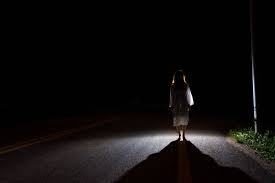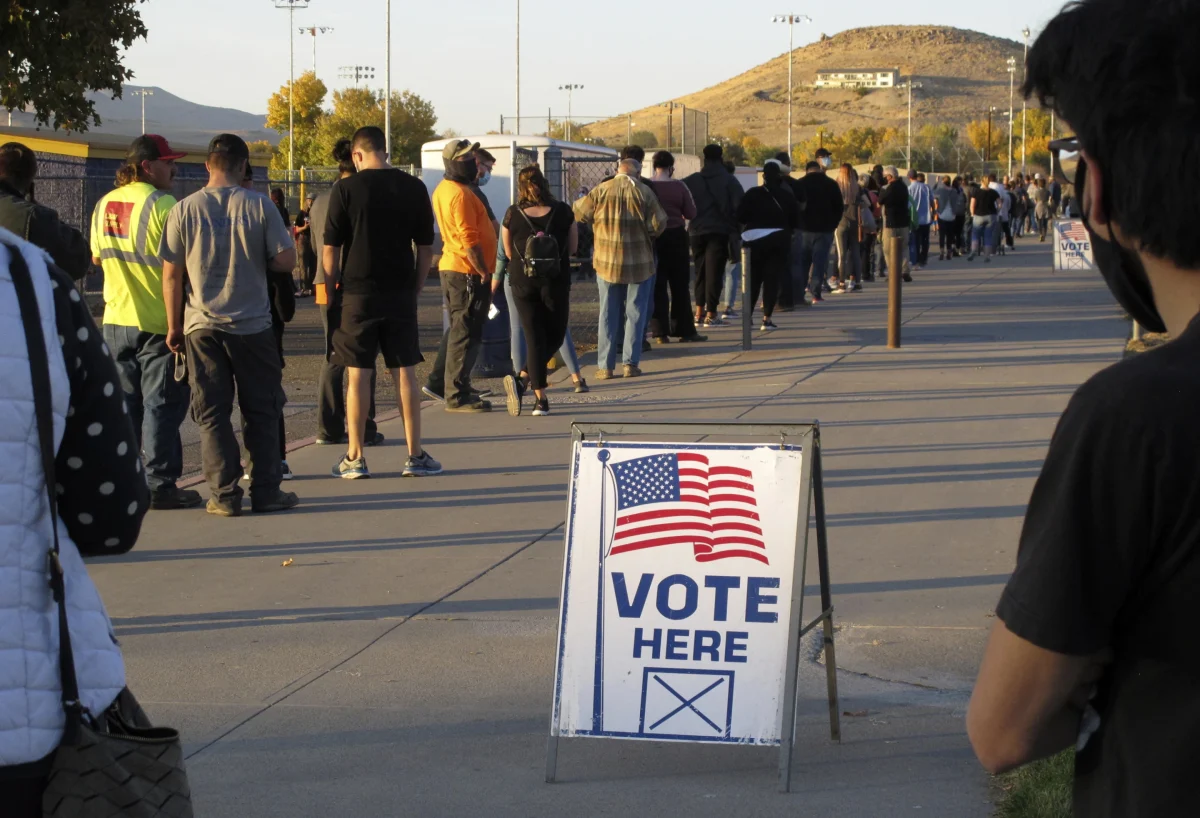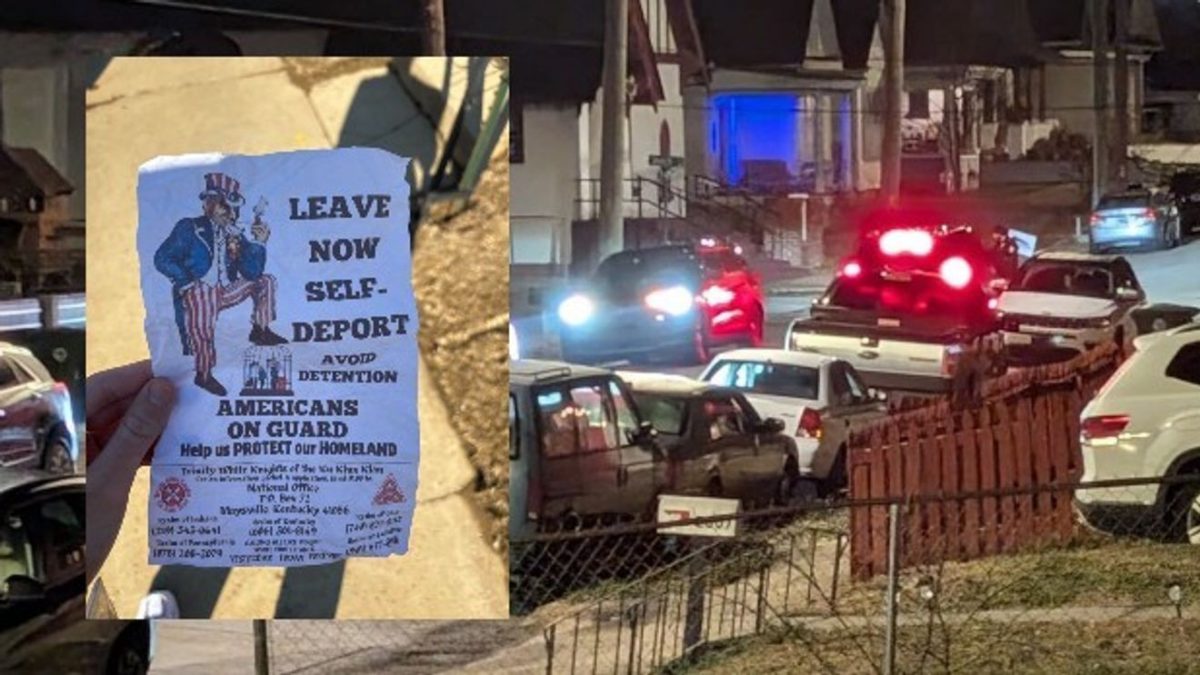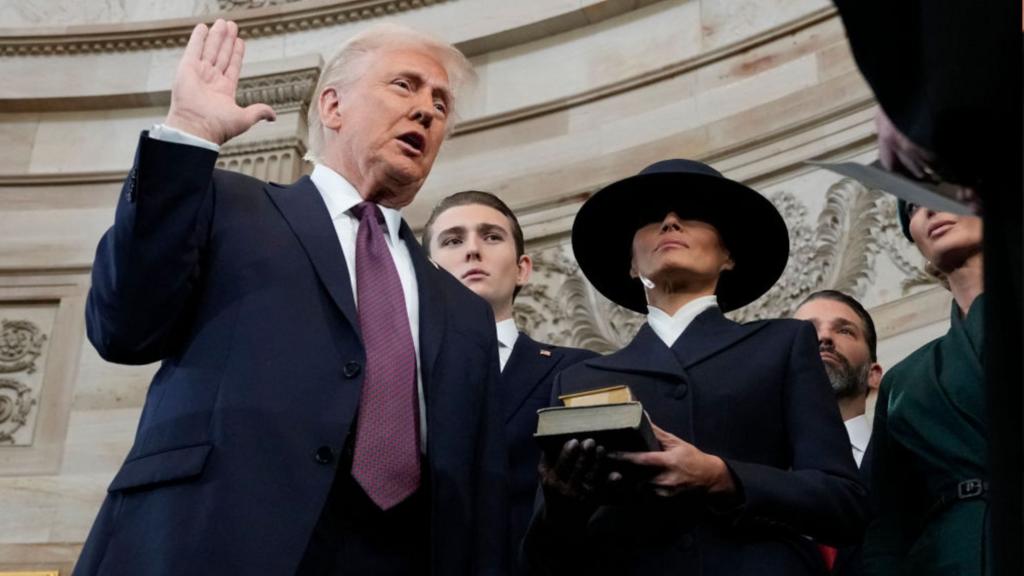Since 2009, March 31st has marked Transgender Visibility Day.
Many of the American public are still iffy towards transgenderism, yet sitcoms have played a surprising role in progressive and LGBTQ+ topics in the last 40 years, many of our favorites have had ahead-of-their-time approaches to gay and transgender characters. Some of these sitcoms have held a more conservative approach, while others have given a first-person perspective on the feelings of queer characters responding to discrimination, mirroring instances of those in the real world.
Transgenderism has become much more accepted in today’s society and able to see through sit-coms. Let’s take a look back on some of these instances and dissect their importance to the transgender community.
The Jeffersons – Edie Stokes
“I’m a woman, deep down I’ve always been a woman.”
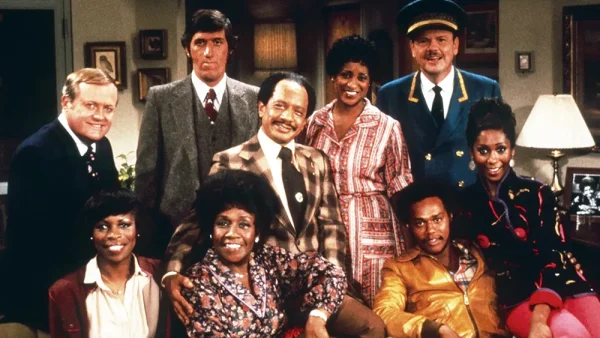
The Jeffersons, a spin-off of the hit sitcom ‘All in the Family,’ features the first story about a transgender character in a sitcom in the 1977 episode, “Once a Friend.”
Known for discussing serious topics, including suicide and racism, the Jeffersons introduce Edie Stokes, a transwoman, an old Navy pal of George Jefferso, in the 3rd episode of the 4th season.
The episode starts when George receives a note from Edie (ee-dee) Stokes asking to meet him in a hotel. His wife assumes this letter is asking for an affair, but George incorrectly explains that it was a spelling mistake; the name meant to say ‘Eddie.’
George does not know that his old buddy has transitioned into a woman and is exceptionally surprised once he arrives at the hotel room.
George, seeing Edie in women’s clothing, uses her ‘dead’ name and asks if she is a cross-dresser or transvestite. She denies so, to which George responds by saying ‘Good, cause I can’t stand those weirdos.” Edie then states she had a sex change, George recoils and claims in denial that ‘Eddie’ is still in there somewhere.
Seemingly a very toxic portrayal of a trans woman turns into a remorseful one as Edie says an influential line, “I’m a woman, deep down I’ve always been a woman… As a man I was miserable, everything about me was a woman.”
She goes on to tell how most of her older friends couldn’t accept her for who she was, having to make new friends, and with much fear, hoped that if she talked to George, he would understand. “For the first time in my life, I’m really happy,” she tells him.
George continues to show his disgust for Edie throughout the episode but is forced to beg for her help as George’s wife continues to believe he is cheating on her with Edie.
Edie helps him and is able to get his wife to believe the truth. She then tricks George into walking into the bathroom and pours a bucket of water over him like they used to mess with each other in the Navy.
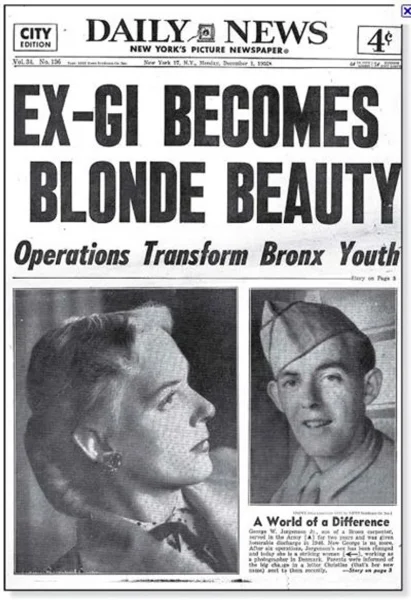
From a modern perspective, this can be seen as a very hurtful portrayal of a transgender person, as the show makes Edie the butt of many jokes. However, the positive light the episode puts her in is extremely progressive for the late 70s.
The first trans person to be widely known within the United States, Christine Jorgensen, was only in her 40s when this episode was released. Interestingly, Christine and Edie have a lot in common, as Christine served in the army in World War 2, possibly having been an influence for this episode.
A significant element of Edie’s character is her being played by Veronica Redd, a woman. In the modern day, a trans character being played by someone cis-gendered day would be offensive, but a transgendered person being played by the identifying gender would have been radically progressive in this time.
Reactions to this episode exhibited praise from viewers, @PBWK on YouTube said, “That moment when her heart was broken really made me realize how trans people need to be heard, seen, accepted, and understood.” Another commenter had this to say: “I don’t think I’ve even seen any media today make a trans person feel so human.”
A trans woman in the comment section had a deeply emotional reaction to the hotel scene, writing, “Kudos to this show they really did an incredible job with this… as someone who is trans, there was real thought put into this. They picked a female actress instead of a man to really drive this point home… the way the actress said ‘Take care of yourself…’ almost brought me to tears. It’s always so hard coming out to your friends and its hard when they don’t really want to understand you or be seen with you. It’s not just hard, it’s soul crushing… She made this character so human and gave the character class and grace.”
Family Guy – Ida Davis
“Do I wanna be happy the rest of my life or miserable?”
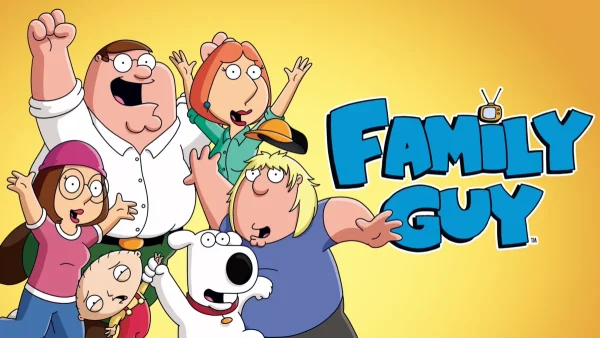
Seth MacFarlane’s 22-season adult-animated-sitcom, ‘Family Guy,’ is a renowned dark comedy that has become a household name from its clever writing and edgy humor.
Being made, written, and produced by liberals has not kept it away from making incredibly anti-PC and offensive jokes. Dozens of episodes have taken place around LGBTQ+ themes, most notably, the 12th episode of the 17th season called “Quagmire’s Dad.”
One of Peter Griffian’s bar buddies, Quagmire, goes to his father’s veteran party where he is blindsided when his father tells him of his impending sex change. His father announces that he chooses to then be referred to as ‘Ida.’
Quagmire shows disdain for his dad’s decision and confronts her later in the episode, expressing he is unable to deal with her transition.
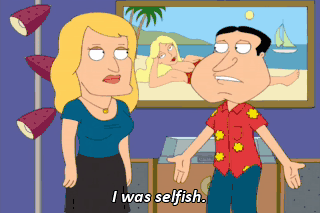
She is apologetic and responds with a straightforward yet powerful quote, “For me it was easy, do I wanna be happy the rest of my life or miserable?” Quagmire then communicates how he looked up to his dad as a war hero, believing Ida’s choice ruined everything she was before her transition.
Ida responds with another straightforward and powerful quote that represents the effect of a person’s identity after a transition, “I’m changing my future not my past.”
Not being accepted by family and friends is one of the toughest challenges transgendered people go through.
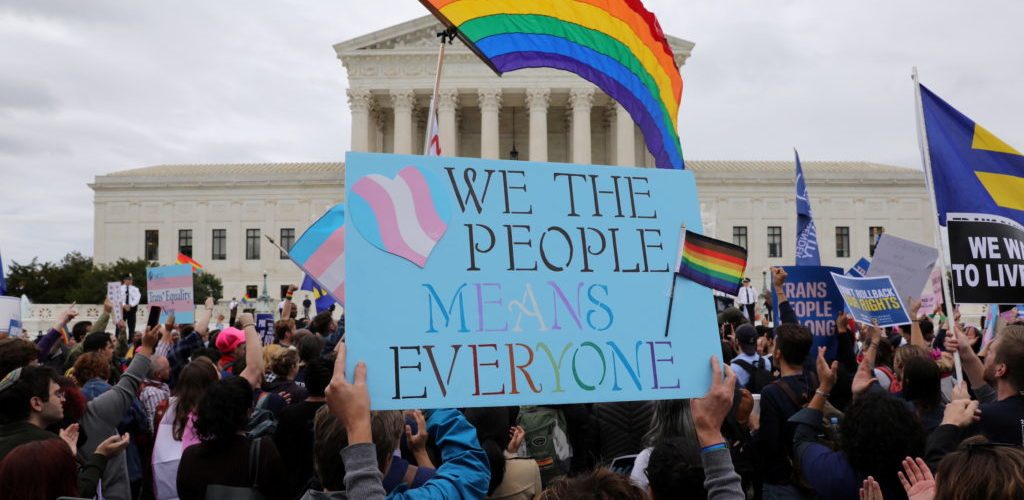
Imagine that you live for years, feeling confused by how uncomfortable you are when people call you by what you have always been called. Imagine you finally realize what makes you truly happy, you choose to follow this happiness and then are outcasted for it.
Transgender people have unfair lives and face challenges most people will never go through. Its our responsibility to respect their choices and to give them our support.
 Ida becomes a returning character over the course of many seasons, chiefly used as the butt of jokes throughout the series to much criticism.
Ida becomes a returning character over the course of many seasons, chiefly used as the butt of jokes throughout the series to much criticism.
In an interview with the Hollywood Reporter, Seth MacFarland defended Ida’s first appearance, “There isn’t a big change I would make. It’s more about individual moments and individual jokes,” and, “The intent of the ‘Family Guy’ episode was to show that Quagmire’s father was still a war hero, and still someone that he could look up to and respect.”
Family Guy’s portrayal of a transgender character is undoubtedly offensive and bad-natured. Yet, between the transgressive lines, the story describes a real relationship a transgendered person may have with their loved ones.
Boy Meets World – Veronica Wasboiski
“I just wanted to look nice”

Unlike other installments in this list, Boy Meets World doesn’t use a real transgender character, yet manages to depict transgender identity in a very compassionate way.
The season 4 episode called “Chicks Like Me” features one of the main characters living as a woman to get a first-hand account of how women are treated in society. Instead of using genderbending as a device to make punchlines about trans people, it is used to talk about trans femininity and sexual harassment.
After hearing complaints from girls at their school about how guys treat them badly, Cory Mathews is inspired to dress himself up as a woman and go undercover and write a story in the paper about his experience.
At Cory’s house for him to practice being a woman, Cory’s friend, Shawn Hunter, insults his ‘girl walk’ and gives his own demonstration. Shawn shows he is much better at acting like a woman, and unintendedly is chosen to be disguised instead.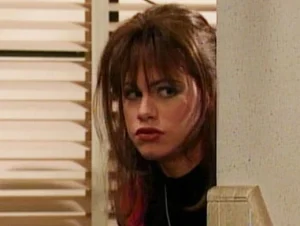
What is great about this version is how sensitive they depict Shawn as being ‘trans,’ using delicate language and staying away from offensive cliches. Shawn’s first scene as a woman, rather than being an absurd caricature with a fake wig, fake boobs, and an exaggerated feminine voice, Shawn enters undetectable, even Cory saying, “You’re kind of a babe.”
The gang, Shawn, Cory, and their other friend Topanga realize they have to give him a girl name. Cory comes up with ‘Janet,’ but is unexpectedly shot down by Shawn. Topanga makes a realization and says, “You’ve thought about this before, haven’t you? And what name have you thought about?” “Well… Veronica,” Shawn responds. “Veronica is a lovely name.”
One of their teachers passes and sees Shawn dressed up as Veronica and states, “If there’s anything you need to talk about, my door is always open, I’m not here to judge.”
Next, Gary comes up to ‘Veronica,’ and asks ‘her’ on a date, not realizing she is actually Shawn. Shawn is peer pressured into accepting by his friends, then remarking, “I have nothing to wear.”
Veronica goes on her date with the guy, who makes her feel uncomfortable when he starts flirting and touching her.
She tries to make boundaries with Gary, but he continues to touch her.
“You’re too busy planning your next move to hear us say no,” Veronica says. This goes back to the start of the episode when another girl said the same thing to Shawn.
 Shawn retreats to Topanga and Cory, who is also in disguise as a waitress. “It’s my knee, what makes him think it is his knee… the only signal I sent him was stop it.” Cory pressures Shawn into continuing the date. Gary apologizes and tries to explain foosball to Veronica and is surprised when she already knows how to play.
Shawn retreats to Topanga and Cory, who is also in disguise as a waitress. “It’s my knee, what makes him think it is his knee… the only signal I sent him was stop it.” Cory pressures Shawn into continuing the date. Gary apologizes and tries to explain foosball to Veronica and is surprised when she already knows how to play.
He says he can tell she wants to be touched by the “way she is dressed.” Veronica says, “I just wanted to look nice.” After he once again tries touching her, Shawn as Veronica punches him. “Did it ever occur to you that I might be a nice girl?”
A show made for children was able to perfectly make awareness of multiple social issues like transgenderism, sexism, and how women are demeaned. Lessons about respect is important for parents, educators, and even sitcoms to teach.
Boy Meets World does an excellent portrayal of transgender identity, and I highly encourage you to watch this episode
You can watch the full episode here for free from the Dailymotion:
Two and a Half Men – Bill Shrader
“I have always been a man trapped in a woman’s body”
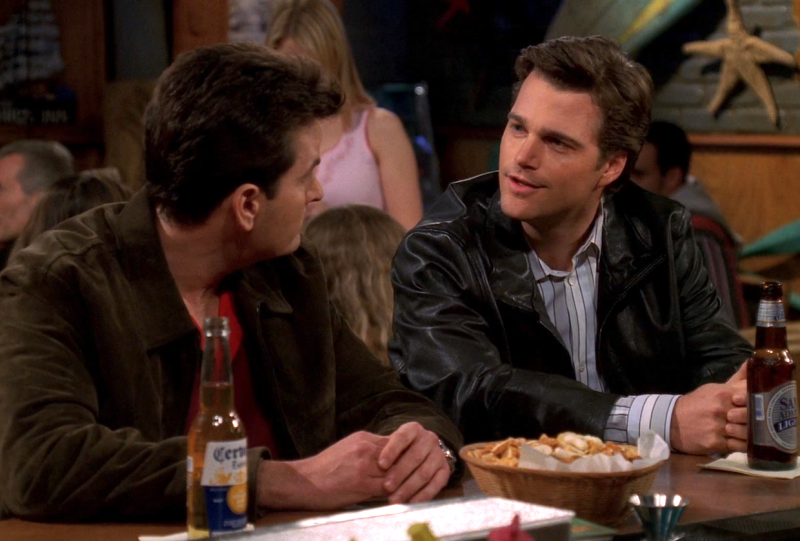
After his wife divorces him, Alan Harper and his son move into his brother’s, Charlie’s, beach house, along with Berta, his inflammatory housekeeper. Charlie lives a freestyle life, constantly bringing new women into the house while Alan attempts short-lived relationships.
In the 18th episode of the first season, aptly named an ‘Old Flame and a New Wick,’ Charlie receives an email from his old girlfriend, asking to meet him at a bar.
While at the bar, Charlie finds a man sitting next to him, not registering that it is his old girlfriend. The man, Bill, starts a conversation with Charlie, leading Charlie to talk about Jill. Charlie describes how Jill was one of a kind realizing what he valued most in their relationship was the friendship between them.
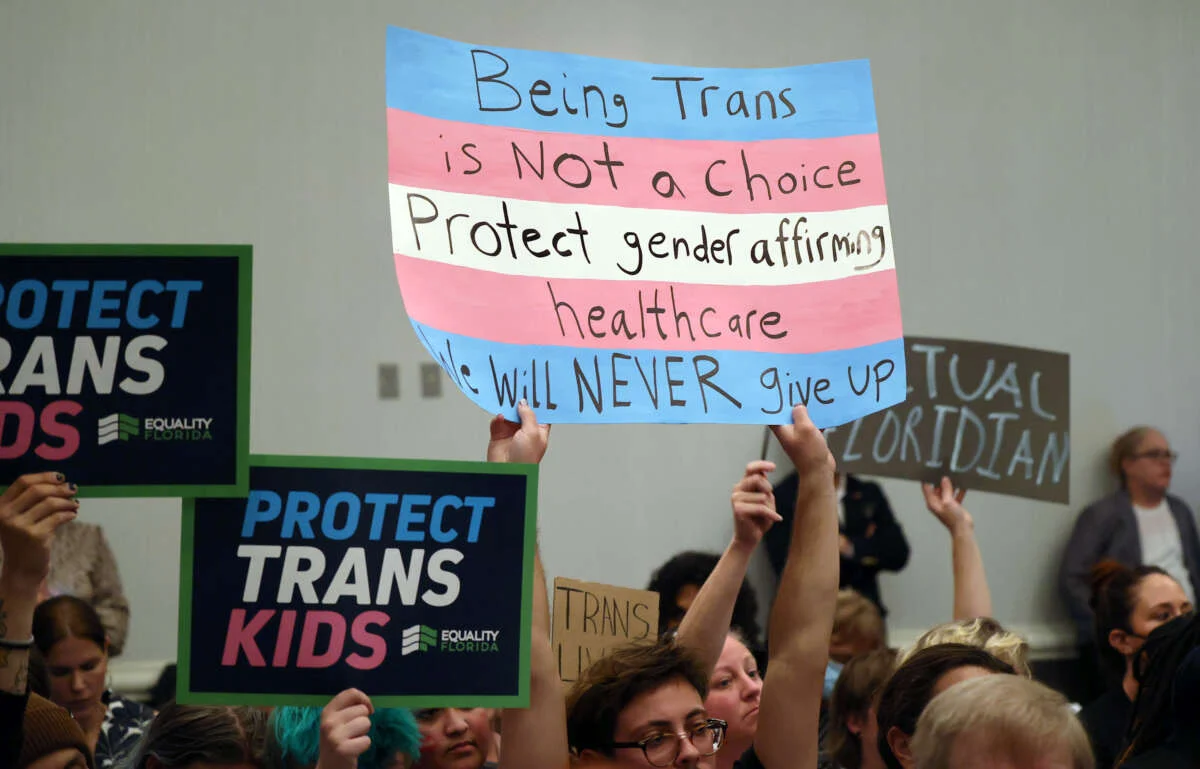
Charlie is aghast after recognizing Bill and tries to deny his transition. Bill says he was “always a man trapped in a woman’s body.”
Feeling trapped in the opposite gender’s body is how a lot of transgender people feel. This image put onto them by others throughout their life becomes a prison, like even their skin isn’t their own.
The guys go back to Charlie’s house, where he tells Bill that he has always been a good friend. Bill is relieved by Charlie calling him by his real name and is thankful for the respect.
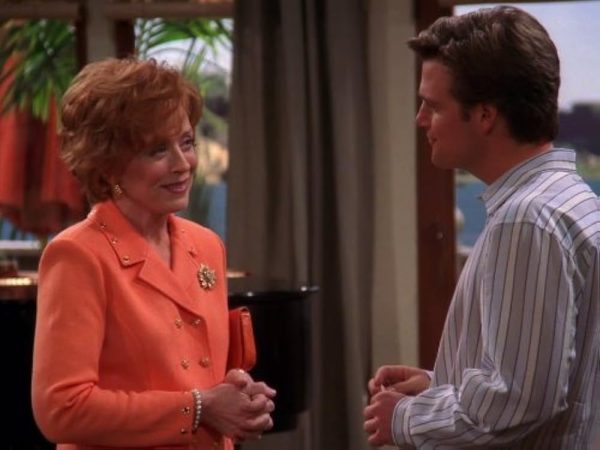 Charlie and Alan’s mother, Evelyn takes notice of Bill and flirts with him. After hitting it off, they leave, causing the brothers to be disgusted. Bill later defends himself, describing their mom as beautiful and intelligent.
Charlie and Alan’s mother, Evelyn takes notice of Bill and flirts with him. After hitting it off, they leave, causing the brothers to be disgusted. Bill later defends himself, describing their mom as beautiful and intelligent.
After Evelyn learns about Bill’s transition, the 3 of them list the pros and cons of their mother continuing to date him. Evelyn takes the pad and writes down the pros, ending the episode with a tasteful joke.
Certainly, this episode puts Bill and his transgenderism at the butt of many jokes, but it never demeans him nor tries to label him as a freak.
There is a running joke throughout the episode about Bill showing feminine traits and acting like a girl. In real life, transgender people retain some qualities they had prior to their transgender that may be different than their new norm. Everyone’s personality is affected by their environment. Transgender people grow up in an environment where they are told to act a certain way, being enforced by hormones. Quirks stay with them, like Bill’s naivety about acting in public.
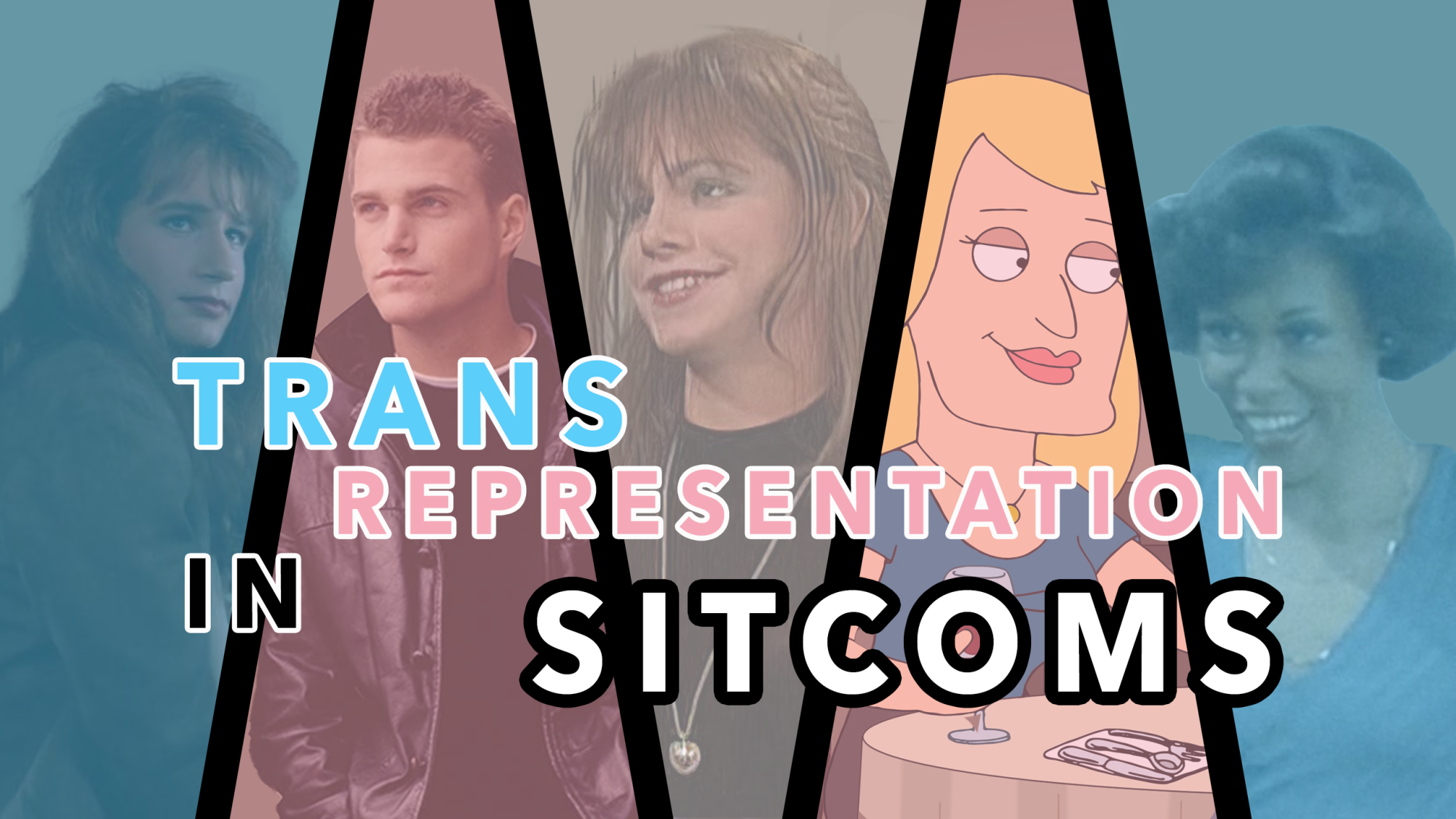
Sit-coms have always been progressive on societal issues throughout the decades, being an important teaching tool for impressionable kids and oblivious adults. 1977 was the first time a sitcom ever addressed Transgederism and did it in a surprisingly liberal light. Edgy adult shows like Family Guy and Two and a Half Men used transgender characters as punchlines yet still viewed them from a humble and realistic view. Boy Meets World, a kids show, was able to use transgenderism to bring awareness to the adversity women face from sexism.


